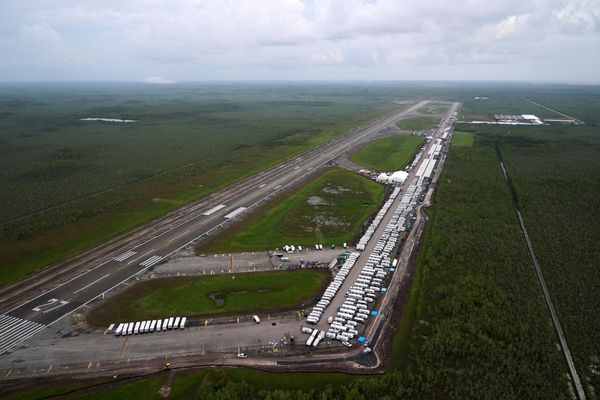The U.S. Supreme Court agreed to hear Sackett v. Environmental Protection Agency in an order released on Jan. 24, 2022. The case concerns the proper test for determining whether wetlands are “Waters of the United States” under the Clean Water Act (CWA). If a majority of justices interpret the CWA in the same way, then the Environmental Protection Agency (EPA) and federal courts might know more about how to decide what land is subject to regulation.
The dispute that led to this case began when Chantell and Michael Sackett purchased a residential lot near a lake in Idaho and used gravel and sand to fill the lot and get it ready for home construction. The EPA ordered the Sacketts to remove the fill and return the lot to its natural state, arguing that the lot contained wetlands subject to regulation under the CWA. The Sacketts sued in 2008 and argued that the EPA lacked jurisdiction over their property. The dispute has worked its way through the federal courts for the fourteen years following that initial lawsuit.
The United States Court of Appeals for the Ninth Circuit ruled in favor of the EPA in 2021, holding that the CWA covers the Sacketts’ property. The Sacketts appealed to the U.S. Supreme Court, asking for clarification about which wetlands are covered by the CWA.
The U.S. Supreme Court is set to schedule oral argument in the case during its October 2022-2023 term.
Additional reading:
- Clean Water Act
- U.S. Environmental Protection Agency
- Deference (administrative state)
- Administrative Procedure Act
- Administrative state
- Judicial review







